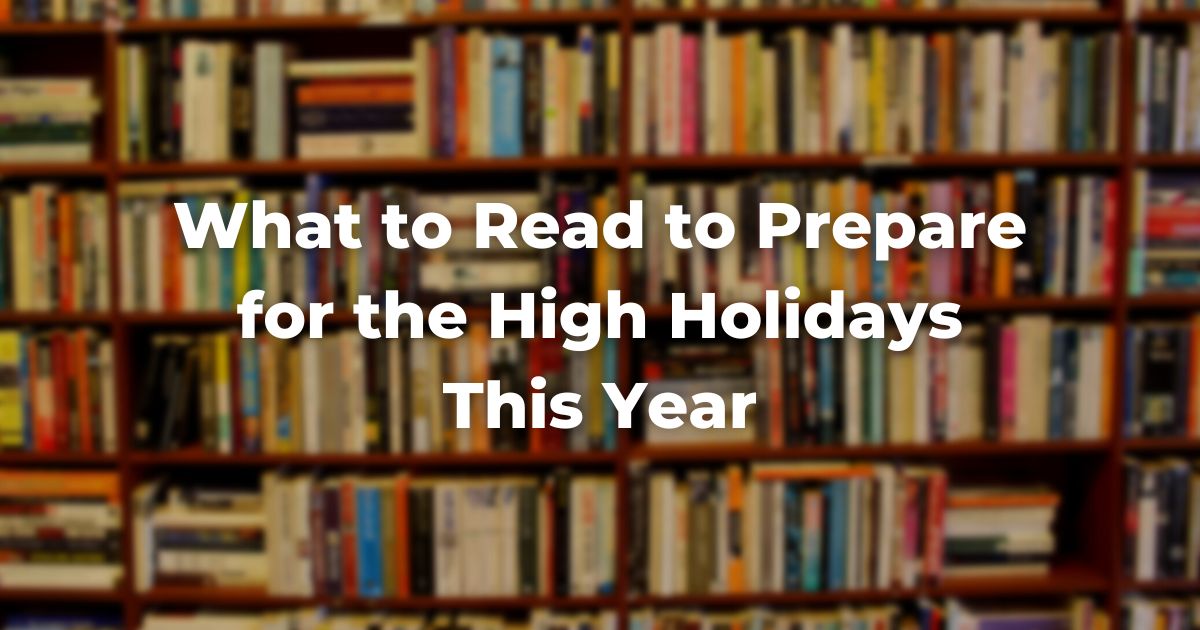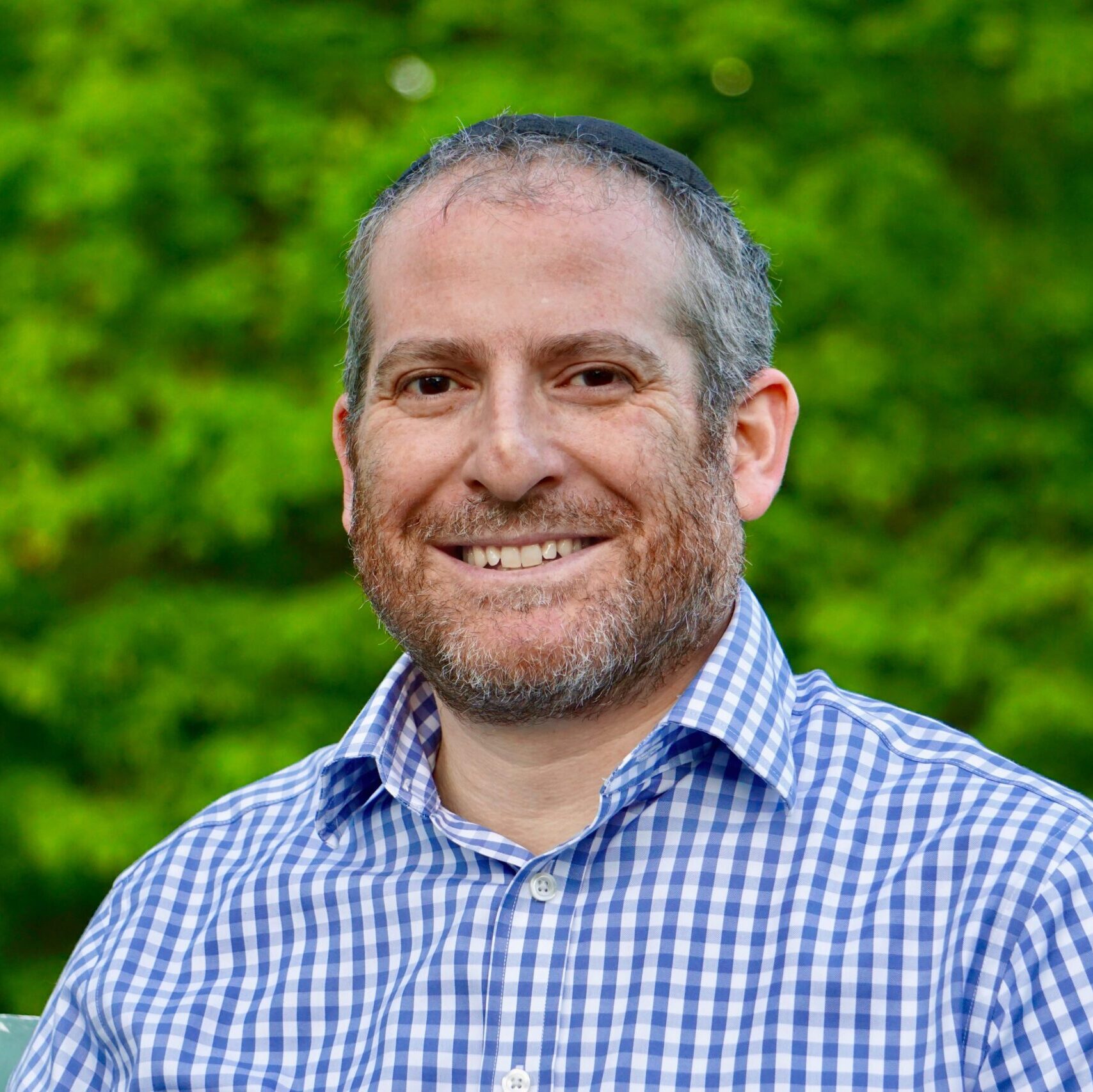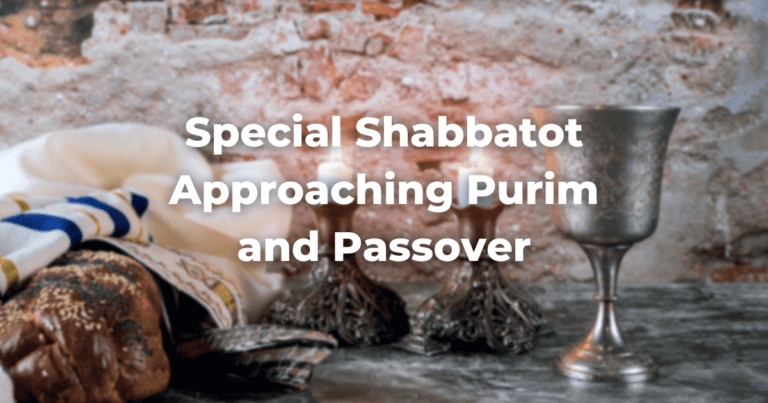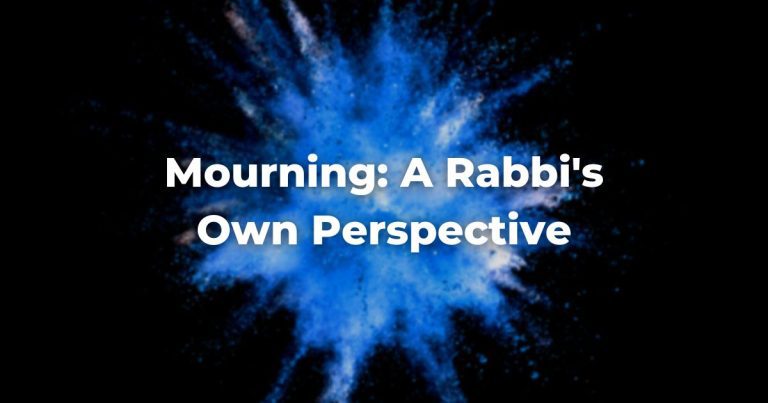As Director of Publications for the Rabbinical Assembly and a rampant bibliophile, I have an overflow of ideas about reading in preparation for the high holy days. We are, after all, the People of the Book and we have books and books and books.
Topping the list is the newly released “On Repentance And Repair: Making Amends in an Unapologetic World” by RA rabbi, Danya Ruttenberg. In a time where apologies are passé Danya explores contemporary and traditional values and gives us tools to set life back on the rails.
The Liturgy
Most fundamental: the Mahzor. I think if you’ve ever tried to do anything without practice then you know it’s pretty hard. People who expect to pick up a guitar and play like Keith Richards without any work are what we called deluded. So too with any personal growth, especially if it is focused so intensely on a 2-3 day performance, Rosh HaShannah and Yom Kippur. Elul, the month leading to RH & YK is ‘spring training’. Elul is ‘Couch to 5K’. Take a couple of pages a day. Consider using some post-it notes. Don’t let the book be a surprise.
Another great way to investigate the liturgy and readings of the high holidays is to look at the biblical texts that we read. On Yom Kippur, at Minhah we read the short and challenging Book of Jonah. It’s not just about a big fish swallowing a prophet. Check out Erica Brown’s “Jonah: The Reluctant Prophet” for a deep dive (ha!) into the character and concerns of Jonah.
Unexpected Texts
In hopes of encouraging people to access materials that speak to them, I am sharing books that are likely unexpected prior to the more traditional works.
Victor Frankl’s “Man’s Search for Meaning” (200 pages, 1959, also available as audiobook) is a memoir of the concentration camps and a description of a psychology of living that focuses on moments of meaning. Ultimately we rely upon our freedom of choice to make determinations and find a life worth living.
Thich Nhat Hanh, who passed away in January at the age of 95, was a Vietnamese Buddhist monk who lived in exile and inspired Martin Luther King to oppose the Vietnam War. One of his many books is a lovely little title “Peace is Every Step” (134 pages, 1992, also available as audiobook). The book is a series of observations and almost poetic instructions for living in the present moment. This is a great skill for synagogue services. One need not read the whole book to gain a lot.
Poetry can be hard, it certainly is for me. Nonetheless, I recommend two books by Leonard Cohen. I have been reading these books during Yom Kippur services for years. I gift them to friends. I think there are many moments of insight that can really move us. “Book of Mercy” (1984, 50 short poems) is best described as a series of modern psalms. There are moments of angst and love and challenge and Jewish insight. “Book of Longing” (2006, 229 pages) is full of poems and drawings and insights from Cohen’s spiritual searching, some Jewish, some Eastern, some risqué.
Self Help Books
Now is the time to pull out that book you’ve been wanting to get and actually read it or listen to it. Breaking down barriers, such as finding time, is often the most challenging aspect of self-improvement. Carve out 15 minutes a day to sit and listen or read. There are myriad such works and the topics that are all valuable range from trauma, to organization, to self-love, to resolving conflict. Each book has pearls and will help prepare you for challenges. The first challenge is doing the reading.
Classic Philosophical Texts
Many of us face a challenge of accessibility; the books that have been written about teshuva, repentance, the core activity of the high holy days, are in Hebrew. Some classic texts are available in translation and I share from that canon here.
Often people are surprised that there are laws of repentance. Maimonides’ “Laws of Repentance” (12th century) is considered by many the most fundamental. It draws on earlier works but resets the genre. It’s ten chapters and can really help us to understand how the texts and activities in the high holy day services ‘work’.
Rav Avraham Yitzchak Kook, who was the first Chief Rabbi of Palestine has a very modern and poetic voice in “Lights of Repentance” (20th C.). (Hebrew – אורות התשובה) One really feels his challenges and hopes. This is a very rich emotional text.
Rabbi Joseph Soloveitchik’s “On Repentance” (20th C.) is a series of lectures that were rendered into text. This is a very philosophical work and delves deeply into Maimonides and other thinkers’. This is a great text to read slowly and with a learning partner to discuss with.
Finally, I share a beautiful text from Rabbi Nachman of Breslov (19th C.). This short essay that people call “Azamra-I Will Sing” is about seeing the best in ourselves and others. This is the important flip side of penance – we aren’t all bad. Nobody is. So focusing on the good can really bring us to amazing places.
With blessings for a Shannah Tovah and a month of important reading!
Author
-

Rabbi Mordechai Rackover serves as Editor in Chief of Exploring Judaism and Director of Publications and Digital Engagement at The Rabbinical Assembly. He has a background in education, campus work, and the pulpit. Mordechai studied for nearly a decade in a number of Yeshivot in Israel and has a BA in Jewish Studies from McGill University and an MA in Jewish Communal Leadership from Brandeis University. When not working he can be found reading or cooking and occasionally catering. Check out his Instagram for mouthwatering shots.
View all posts






